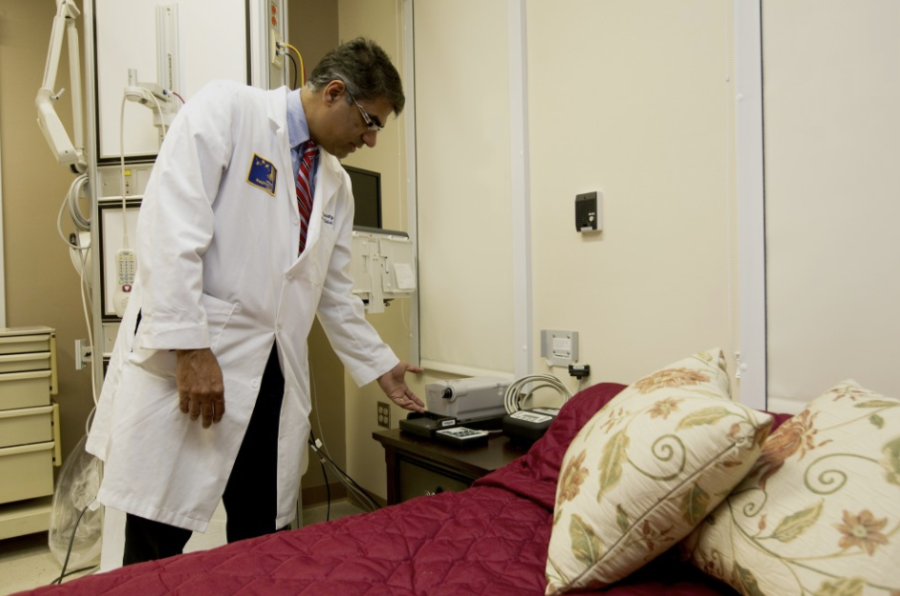A recent study done by Sleep Standards found that 41% of U.S. healthcare workers suffer from insomnia due to stress and social and environmental disruptions from the COVID-19 pandemic.
The research team conducted the survey in May 2020. They surveyed 1,002 healthcare workers and most reported sleeping an average of 5 hours a day during the pandemic.
Of the 1,002 healthcare workers in the study, 53% were male and 47% were female. The study found that one in every three healthcare workers in the U.S. is sleeping poorly during the COVID-19 pandemic.
27% of healthcare workers reported having nightmares and 5% reported narcolepsy and other sleep disorders. 51% of healthcare workers rated their sleep as fair and 14% confirmed they were sleeping excellently.
The study also found that 84% of healthcare workers in the U.S. are worried about bringing COVID-19 home from work. The main contribution to insomnia in healthcare workers is likely an inability to detach, leading to an inability to sleep.
“Sleep is something that happens only when the situation allows for it, and when there are barriers like excessive stress, worry, and mental activation, it can be hard to get to a mental and physical place that is conducive to sleep,” stated Michael Grandner, the director of the Sleep and Health Research Program and an associate professor in the Department of Psychiatry in the University of Arizona College of Medicine — Tucson, in an email.
RELATED: Smoking, vaping makes users more susceptible to more severe COVID-19 illness
Grandner wrote a brief guide to help healthcare workers prevent insomnia. Some techniques to prevent insomnia that Grandner lists in the guide are allowing enough time to detach and perhaps engage in relaxation or other mental exercises.
Don’t spend excessive time in bed if you cannot sleep, as that will create a situation where you train your brain to be alert in bed when you want to sleep, Grandner said.
Grandner has seen a few ways the pandemic has affected healthcare workers.
“This pandemic has caused many schedule disruptions, delayed bedtimes, altered daily activity rhythms, and more vivid dreams,” Grandner stated in an email.
He has also noticed people are reporting having a hard time disconnecting from the news and other stresses of the day and are also experiencing more awakenings at night.
Studies show that insomnia affects the work of healthcare workers because it is associated with increased accidents and errors, more injuries and worse productivity. It is also associated with increased fatigue and daytime symptoms, as well as worse overall health and immune dysfunction.
Insomnia in healthcare workers during the COVID-19 pandemic is more likely to be short-term insomnia rather than long-term. In one study, it shows that about 25% of acute insomnia cases turn into either chronic insomnia or at least persistently poor sleep.
If healthcare workers are experiencing insomnia, they have to report it themselves. Healthcare workers are not required to report if they are experiencing insomnia, but they do have to report if they have COVID-19 symptoms.
In a study out of China, it was found that healthcare workers who tested positive for COVID-19 were more likely working the night shift, experiencing stress and sleeping less compared to uninfected workers.
It is also possible that healthcare workers can get post-traumatic stress disorder from working during this pandemic.
“Anything can cause PTSD as long as it constitutes an extremely traumatic event that leads to a feeling of threat or terror,” Grandner added. “Certainly, being exposed to some things can be a traumatic event, and cause lasting effects, without actually being PTSD.”
Follow Jillian Bartsch on Twitter









